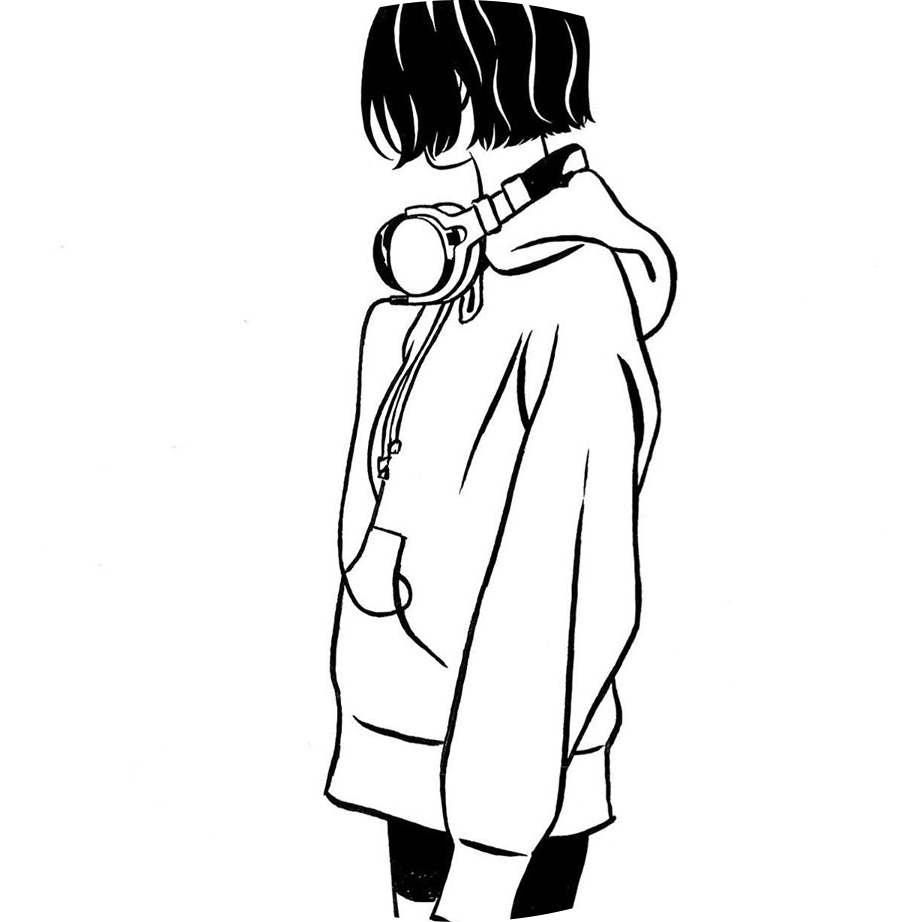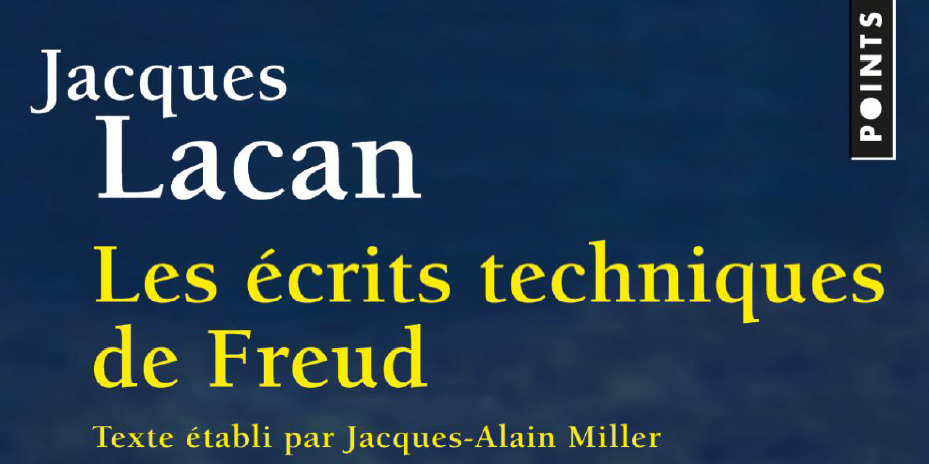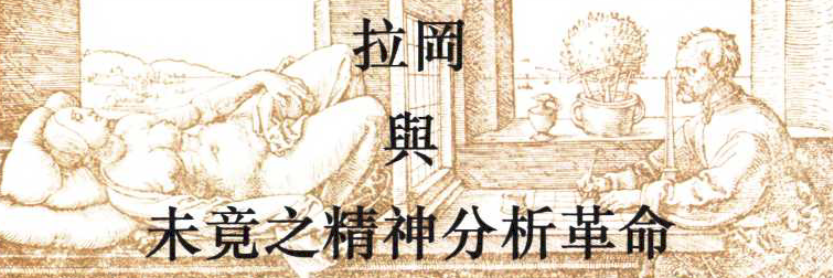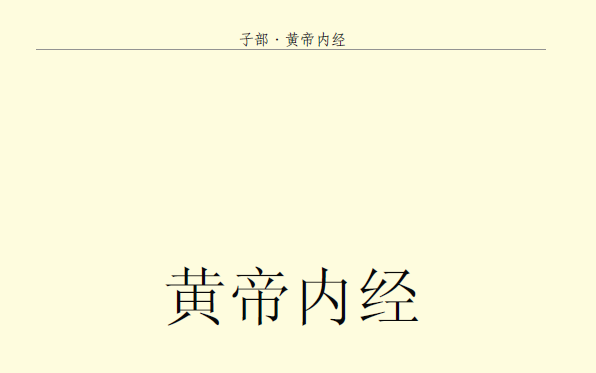note--《Seminar Ⅱ》
note--《Seminar Ⅱ》
IvoripuionPsychology and metapsychology
This chapter is mainly about the ego and maybe the emphasis on the Mirror Phase.
The notion of ego was developed by various philosophers in history, and under this condition Freud came up with a subversive interpretation of the ego.
Ⅰ
Freud’s theory about the notion of the ego has been openly admitted, which can be called “pr-analytical psychology” which contributes to psychology circles to realign the analytic relation and the direction of the practice. More than bringing up a conflict between different academic schools, such a theory establishes a complicity to demystify human relations based on the analysis of the illusion of man’s experience.
The man of today entertains a conception that he is constituted by the natural inclination and the built civilization, which is shown as just an illusion of man in Freud’s theory. Psychoanalysis thus brings a Copernican revolution to psychology circles.
Like any knowledge of truth is endowed with its inertia and thus loses its deposition, undialectical psychoanalysis with preset goals has pretty limited influence in advance of human subjectivity.
For Socrates, there is a virtue outside knowledge but contributing to knowledge, which is called arete in Socrates, or subjectivity in Lacan. However, such a virtue can’t sort itself out and form all knowledge under the witness of history.
About “Ego”, we can say that this can never have been there, this has existed from the beginning. Just like the origins of language, we can’t speculate on anything before it comes to the symbolic structure, and the same applies to the origin of the ego concerned.
For Socrates and his interlocutors, there is an implicit notion about the ego which is analogous to what has rooted in our thought, and we can’t imagine the ego is not eternal.
Here is a question: Does a man - whether he thinks or not - have a notion of the ego?
What Mr. Descartes said: “Cogito, ergo sum”, which gave people a new horizon of the ego, still can’t reveal the properties of the ego/I. The “I” is used everywhere, although it is vaguely and evenly understood by us. However, more and more people have started to invert the substantive status of the ego, for they refuse to treat the ego as the religious soul.
Freud’s Copernican Revolution is that he radically changed the meaning of ego based on Socrates, which was never doubted by Socrates. Just like Rimbaud says - I is an other.
Ⅱ
So it’s apparently important to clarify the meaning of “an other“.
There must have been something that makes the “I” possible, outside the field where man recognizes himself as ego. So to be precise, the meaning of I is different from that of ego.
Freud started off with the recognition in philosophy circles that ego = consciousness. As his work progressed, he found it hard to locate the consciousness, and finally, he was forced to admit that the consciousness was unlocalisable. That is to say, Freud finds “I” is distinct from “the ego”, thus the subject cannot be confused with the individual.
From the views of behaviorists, we can see that the individual is made in order to attain those things outside itself which can be set as its goals, and those things perfect the individual. However, Freud says that the subject is never satisfied, for the higher level it gets, the more confused it is. So the subject is off the axis of biological organization, and instead, it originates from something else.
So the “I is an other“ just means the subject is decentred in relation to the individual. As the notion of the ego to Cartesian is based on the deceiving God, God would finally reintegrate the ectopia of the ego, which is rejected.
Some philosophers may think La Rochefoucauld’s “self-love” means our pleasure is the anchor that locates us, such as Socrates’s “one’s good”. However, the more important thing in “self-love” is the insinuating thing in the concept of “escaping ourselves from the others by engaging in so-called disinterested things”. As we can see in Freud’s work, the “ego“ is different from the “consciousness“, and there must be something that eludes from our horizon structuring the “ego“. Therefore, the concept of the individual must not be confused with the concept of the subject. However, we can grasp the “I“ on the subjective plane by the objective plane.
Following this distinction comes the sexual instinct——libido, so it’s important to clarify the concept of the libido.
Ⅲ
Even though Freud gave a new interpretation of the ego, his inept followers still couldn’t go down this road, which led to people neglecting the new I.
After the decentring of the subject proposed by Freud in 1920, the central ego came back quickly in a new perspective, which may satisfy us. Such a central ego was brought by the concept of the autonomous ego in Mr. Hartmann’s thesis. By going back to the autonomous ego, we can find something outside the ego that we admit blindly.
By clarifying the meaning of the ego in Freud’s theory and in the technique of psychoanalysis, we can get a good understanding of intersubjectivity. The following is about the Beyond the Pleasure Principle from some peoples’ view.
Knowledge, truth, opinion
(Emphasize the importance of the Freudian ego. Something about Lacan’s rebuttal to those people who advocate the syncretism between psychology and psychoanalysis.)
Ⅰ
From Meno’s(a man in Plato’s dialogue Meno) point of view, we can get a notion of the dialectic——one doesn’t know just because one already knows it, and one can retrieve that knowledge through reminiscence. As man is always in an open situation to get knowledge, there is still something covered——the remaining of the arete.
Citizens in modern society have been bound into one body by orthodoxy, which means orthodoxy shapes us. As the episteme in contemporary times is based on that in Socrates’s time, how does the episteme get such coherence?
From the lesson wherein Socrates taught slaves how the square’s area changes as the line in it changes, we can see there is a fault line between the intuitive element and the symbolic element.
This demonstration gives a good example to explain the gap between the imaginary and the symbolic, and the slave who gives the right answer by all his reminiscence can be seen as a man who has gone into the signifier chain.
As can be seen in the first founding speech, human beings can copulate with others not only because of nomenclature but also real beings. His basic symbol is what Socrates leaves behind him —— the orthe-doxa, and such an orthe-doxa may be considered a powerful tool for statesmen.
Ⅱ
Some notes of the Beyond the Pleasure Principle by Lefebvre-Pontalis:
Beyond the Pleasure Principle is an essay about the pleasure principle tied to the principle of constancy. There is always a return of traumatic situations in people’s dreams, just like children’s games wherein children throw an object away and retrieve it again, which means people try to take an active role in the dialectical cycle of hope and disappointment. From people’s irresistible tendency to repeat trauma, Freud finds something beyond the pleasure principle causes compulsive repetition.
The interpretation of such a repeat can be found in the child’s game wherein the child shows his desire to play an active role in the paradox between pleasure and reality principle, which defines the tendency to repeat by its goal.
From the aspect of the mechanism of the tendency, Freud illustrated such a phenomenon by human’s pure automatism, etc., the facts of human progress.
And we must combine such two points to understand the tendency to repeat.
Man is led into mastering it by his death, his stagnation, his inertia, which he can always fall back into.
From such a strong desire to master trauma, we can see that the ego is bound to the function of narcissism. However, Freud gives us some contradictions where narcissism sometimes means the self-preservative instinct, and sometimes a quest for death.
Obviously, there is a gap between the pleasure principle and something else that differentiates itself from it, which we can describe with two words - need and drive. Such a difference also shows that there is a difference between the biological register and the human register, which can be described as the death instinct.
The symbolic universe
(Something Lacan wants his students to know, e.g., Be away from authoritarianism.)
Ⅰ
By Oedipus, we first have the approach to examining neurotics, which also shows the complexity of Oedipus.
From Levi-Strauss, we admit that numerical symbolic elements work in the constitution of a collectivity.
Levi-Strauss’s theory is based on the fact that there can’t be deduced anything if we recognize kinship and family in a preset wherein a natural or naturalizing understanding of them exists. As there isn’t any natural evidence for exogamy or endogamy, we can only infer the cause of those phenomena originating from society.
Man lives in a society where symbolic functions work, we can’t imagine anything before the symbolic beginning. Once we use symbols, e.g. talk to someone, we have arrived at karmic integrity. That is to say, the entire symbolic universe appears as soon as the symbol arrives. That is why for Levi-Strauss, Elementary is the opposite of Complex.
As the elementary structure is more important and comprehensive than the so-called complex forms, we should see the elementary structure as a whole and dialectic universe.
The structure itself plays more roles than the simple combination of its various parts, which has transcended its arithmetical presupposition. This is where we get the unconscious thing.
However, Before we use the mechanism to understand men, we must answer the question of why we can use such a method to explain men.
Firstly, we should clarify the traditional misunderstanding that the machine deprives freedom. The machine is proved to be much freer than the animal, as the animal is determined by the external environment. So it’s reasonable to describe men as machines compared to animals, for machines can have more choices for their living.
The meaning of the word mechanism changed a lot from the beginning, and the meaning we use today is closer to a concept of precursor through which we can anticipate what we will be a century later.
Ⅱ
Mainly about the questions in Levi-Strauss who raises the distinctions between nature and culture.
To answer Hyppolite and Mannoni’s question, Lacan gave a concept of universal contingency where the contingent means the necessary. So the distinction between the universal and the contingent is that between the universal and the necessary. Such a concept of the contingent would be used in the complexity of Odepius later.
Even if there is nothing entailing the integrity of the human world, once any symbolic society is constituted, it is a universal society. Such a universe created by humans is the result of the function of the symbol.
For Strauss, it’s dangerous to distinguish between nature and symbol too quickly, which may result in transcendentalism and bringing God back.
Transference is based on the function of speech, which can show the word symbolic helps us.
Ⅲ
The ego can be put in the imaginary from experience, which also shows that human experience opens a door to the external. And the self-explanatory ego is just a deception.
For man, the death instinct always disturbs the pleasure principle which we should concentrate on in our daily life. So it’s important to find the beginning of the death instinct. And the death instinct is somewhere beyond our daily experience like the notion of ego which will be later elaborated by Lacan.
The symbolic is presence in absence and absence in presence, so it’s suspicious to think the symbolic is an existing transcendence.
The ego, the imaginary function, intervenes in psychic life only as symbol.
A materialist definition of the phenomenon of consciousness
Some contradictions can be seen in Freud’s texts, but these contradictions are not just antinomies.
Freud found that the substance and the axis of subjectivity in man transcend the sum of himself. The following demonstrates how subjectivity is structured.
Ⅰ
As resistance always exists, we should throw away our prejudices where the ego goes without saying. Levi-Strauss gave a view that if we know the familial reality, we should turn our way into the neglected children and the relations of the child to the parents, which also means we should locate the center of the analytic experience in the fact that each individual is a child.
When a child is a babe in arms, there is always no doubt about its living as a subject. Such a misunderstanding is based on Speech, which is also the object of psychoanalysis. So psychotherapy always presupposes an experiential ego involving the function of speech, although no one knows quite what it is. When Freud discusses the primary process, which shows the unknown subject of the ego, he shows an ontological meaning whose name is the core of our being.
The ego is not a simply erroneous form of the I, but a misidentification after its ghosting with the I. The ego is an object that is fulfilled with the experience of the subject by the imaginary function.
Ⅱ
The self-evident concept of the ego is just an illusion of consciousness, which is opposite to some philosophers’ perspective that if consciousness can’t grasp itself, nothing can be experienced.
The image in the mirror exists just as a photo from a camera exists. However, an I is not in the camera but something others make sure of the innership of I. While men’s absence happens, the machine ensures record continuity, demonstrating consciousness’s presence.
The atheism in science leads to a new perfect god - the consciousness. However, we do know that the consciousness’s occurring is linked to something entirely contingent just like the appearance of our eyes and noses by chance.
The materialist element in consciousness is that it occurs like an image reflected in a mirror. From such a mirror, we know that everything is imaginary.
Ⅲ
The ego is precisely in the consciousness-induced tension with the immediacy of sensation in reality.
The Mirror Stage gives the dialectical relationship between the unity and division of the subject.












